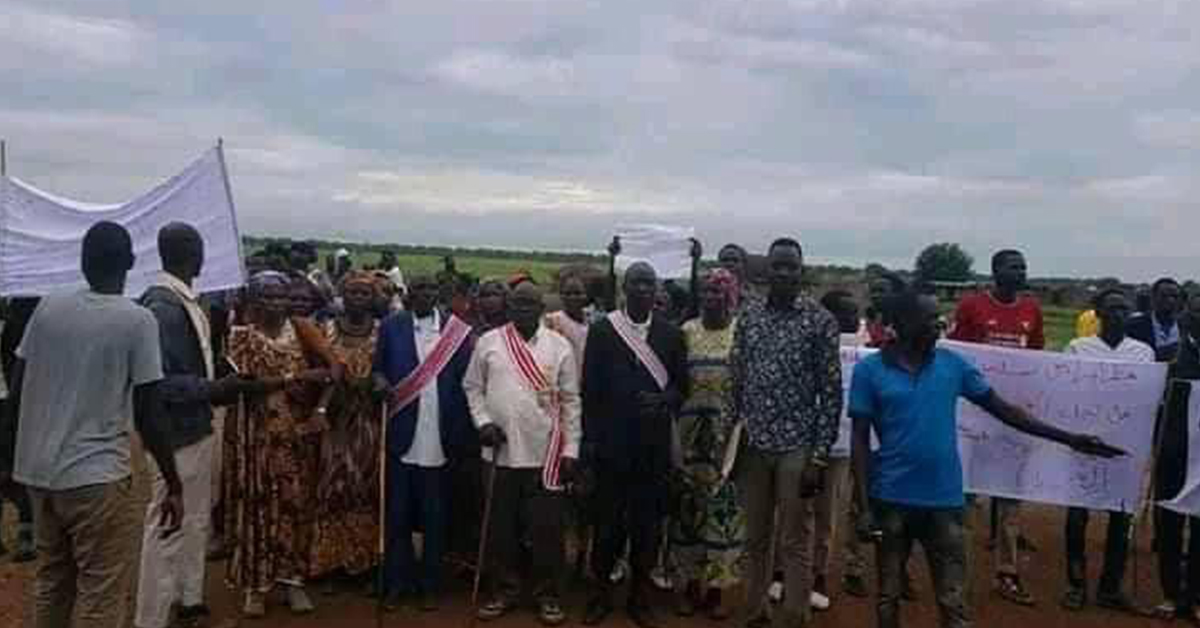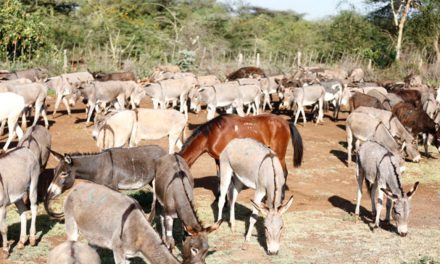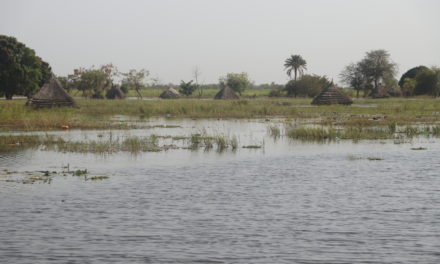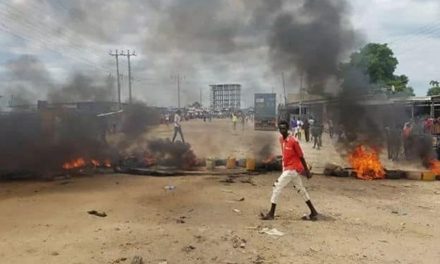
Palouch residents continue to protest against environmental pollution

It’s five days since residents from around the Palouch oil fields in Upper Nile state came out to demonstrate against environmental pollution caused by oil companies.
The protestors blocked the doors of some oil companies operating in the oil field areas and closed roads and the airstrip since Monday morning and oil workers of DAR Petroleum have not been able to leave the facility.
Protester Thon Beny Thon, a resident of Palouch, said oil companies have polluted nearby land with toxic waste water and chemicals. He also accused the government and oil companies of failing to live up to their commitment to reinvest a portion of oil revenues to improve local infrastructure.
According to Thon, 18 local pregnant women died from various health conditions because they could not access proper medical care in Palouch.
“The residents are supposed to benefit from the oil being produced in their area. It’s their right.” Thon told The Insider.
He said since 1997 the government of the then Sudan has been drilling oil from Upper Nile state but the residents have not seen any developmental projects in Palouch or the whole state.
“It has been over 20 years now oil is being drilled but there are no good schools, no clean water, no roads, no hospitals and nothing good for the residents. The environment is contaminated causing so many health complications.” Thon added.
Thon also claimed women have given birth to babies with deformities and there are more miscarriages due to polluted land and water from the oil companies. He also said cattle and other farm animals have died in the area due to environmental pollution.
The Insider could not independently verify Thon’s accusations.
Residents have been protesing in hopes of getting the attention of the government and petroleum companies that operate in the area.
Thon said protesters will continue to block the doors of oil companies, block major roads leading in and out of Palouch and the local airstrip until Petroleum Ministry officials address their demands.
“We have closed all oil fields, even the airport is closed. A plane came but left back to Juba. It could not land because our demands have to be answered.” Thon told The Insider.
“There’s no way we can strike here, and the government continues to work, and no one wants to come to us. We have asked the minister of petroleum, minister of labor, minister of environment and the director of the oil company to come and listen to our demands.” Thon added.
Repeated calls and text messages to the ministry of petroleum’s undersecretary Daniel Awow for comment went unanswered. But reliable sources told The Insider government has sent officials to negotiate with the protesters as of Friday 28th, 2020.
South Sudan’s Petroleum Revenue Management Act 2012 establishes a formalized structure for distributing a portion of petroleum revenues to local communities for improving infrastructure. It also sets a high bar for reporting requirements for both the government and oil companies, with the overarching principle of transparency and accountability in management.
Thon said the three percent of revenues allocated for the development of communities in oil producing areas is insufficient.
Oil fields in Palouch and Melut are run by Dar Petroleum Operating Company or DPOC, a consortium of companies led by China’s National Petroleum Corporation, Malaysia’s Petronas, South Sudan’s Nilepet, Sinopec and Tri-Ocean Energy.
DPOC engineer Peter Abuluk confirmed that protesters have interrupted the company’s operations in Palouch. He said the protesters locked the company’s employees in their compound since four o’clock Monday morning.
“The guys are well organized; they are just burning tires at the main gate of operation base camp. They locked it and no one is going out. So, we have been just inside.” Abuluk said.
“The problem now is going to work from the sight at the wells because most of the work is being done outside.” He told The Insider.
In Melut, community members issued a statement Tuesday threatening to conduct violent protests if the government and oil companies fail to address their demands including employment opportunities for local citizens, health care services and cleaning up environmental pollution caused by oil companies.
Maluth Juaj Wer Juaj, a second-year student of Management in Information System at the Gezira College in Khartoum, Sudan said government and oil companies operating in Melut County must give the three percent oil shares that oil producing areas are supposed to get.
“They have to address the 3 % of the oil percentage in the producing areas, employ youths, clean the environment from toxic chemicals dumped on the landscape, provide good schools and hospitals, provide clean water for the residence of Melut and construct roads in Melut.” Juaj told The Insider on WhatsApp from Khartoum.





















Recent Comments